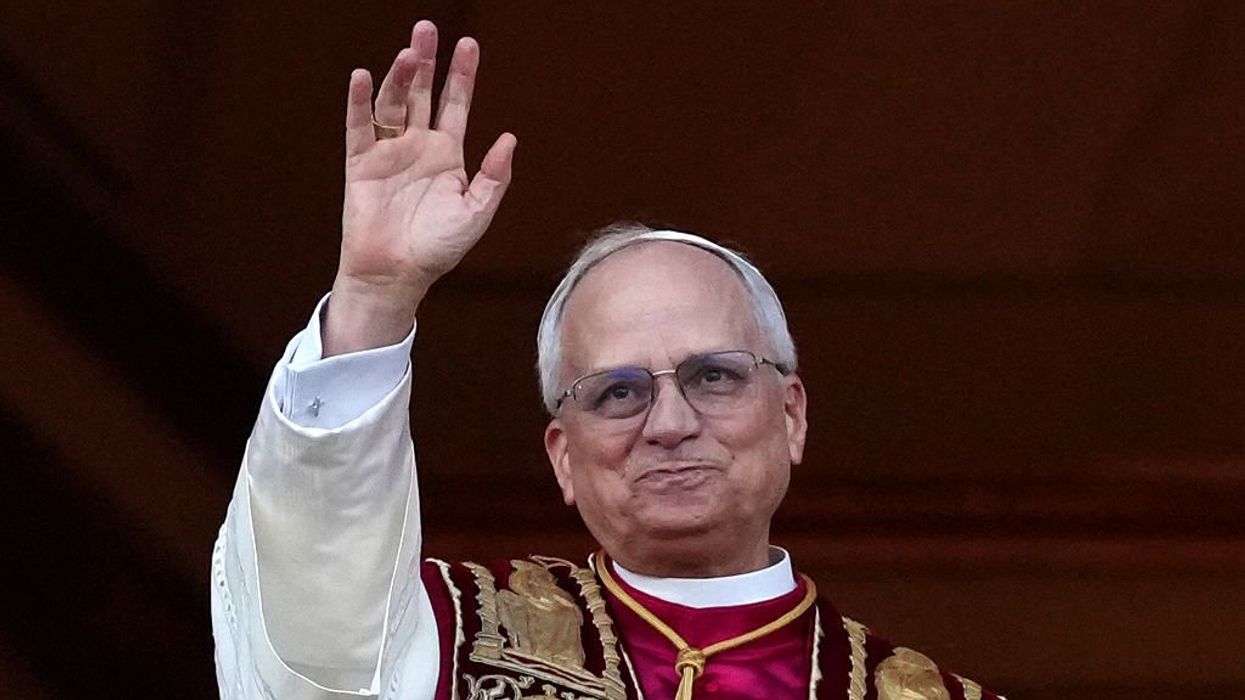Cardinal Robert Francis Prevost made history on Thursday by being elected as the pope, marking the first time an American has been chosen for this role within the Roman Catholic Church. At 69 years old, he has taken on the papal name Leo XIV.
Originally from Chicago, Prevost has dedicated much of his ministry to Peru. His election occurred on the second day of the cardinals' conclave in Vatican City, after four ballots were cast.
In Lima, Peru’s capital, the cathedral bells rang after it was announced that Prevost was Pope Francis’ successor.
“For us Peruvians, it is a source of pride that this is a pope who represents our country,” elementary school teacher Isabel Panez told the Associated Press.
Chicago Mayor Brandon Johnson described Prevost's election as "the greatest moment in the history of the greatest city." In an interview with ABC News Live, Johnson noted that Prevost was "born in Chicago, educated in Chicago, and returned to serve this city." He also acknowledged Prevost's understanding of the significance of immigration.
Like Pope Francis before him, Prevost has supported marginalized groups, including immigrants.
In a February 2025 social media post that gained significant attention, he addressed Vice President J.D. Vance, a Catholic convert, stating that Vance was “wrong” in his efforts to find a theological rationale for the administration's immigration policies. Prevost emphasized that “Jesus doesn’t ask us to rank our love for others.”
Before entering the Conclave, Prevost shared a post criticizing President Donald Trump and Salvadoran President Nayib Bukele for their comments regarding the deportation and detention of Kilmar Abrego Garcia. In this post, he referenced an article from Catholic Standard that drew parallels between the struggles faced by immigrant and refugee communities and the Passion of Jesus Christ.
President Trump congratulated Pope Leo on Truth Social, writing, "It is such an honor to realize that he is the first American Pope. What excitement, and what a Great Honor for our Country."
The new pope is viewed as a figure who embodies a blend of both conservative and progressive viewpoints, particularly on social issues. He is generally seen as aligned with Pope Francis, who appointed him to the Vatican's Dicastery for Bishops and has overseen various reforms within the Church.
Leo maintains traditional perspectives on matters such as same-sex unions. His upcoming papacy is anticipated to offer a fresh outlook for the Catholic Church, with the potential to continue some of the reforms initiated by Francis while also addressing the existing divisions within the Church.
Some advocates expressed opposition to Prevost's candidacy for the papacy due to allegations of mishandling sex abuse cases in Peru and Chicago. His diocese has stated that the accusations were addressed per Church policy at the time.
Here’s some of what The 19th lists as what Pope Leo XIV has said over the years on several issues:
LGBTQ+ people
Leo is seen as less progressive on queer issues. The New York Times noted in a recent story that as a bishop in Peru, he opposed a plan to include gender teaching in school, noting that, “The promotion of gender ideology is confusing, because it seeks to create genders that don’t exist.”
Climate change
In the past, Leo stressed that the world should move “from words to action,” and that humans should have a reciprocal relationship with the environment. He supported the Vatican’s shift to solar panels and electric vehicle usage.
Pope Leo earned degrees from Villanova University in Philadelphia, the Catholic Theological Union in Chicago, and the Pontifical University of St. Thomas Aquinas in Rome.
He spent approximately two decades serving in Peru, where he became a naturalized citizen. In 2014, Pope Francis appointed him as the Bishop of Chiclayo. In 2023, Leo was elevated to the rank of cardinal.
Leo is recognized as the 267th Roman Catholic pontiff, serving as the spiritual leader of over one billion Catholics worldwide.
The previous pontiff, Pope Francis, passed away on April 21 at the age of 88.
Hugo Balta is the executive editor of the Fulcrum and a board member of the Bridge Alliance Education Fund, the parent organization of The Fulcrum. He is the publisher of the Latino News Network and an accredited Solutions Journalism and Complicating the Narratives trainer with the Solutions Journalism Network.




















Marco Rubio is the only adult left in the room